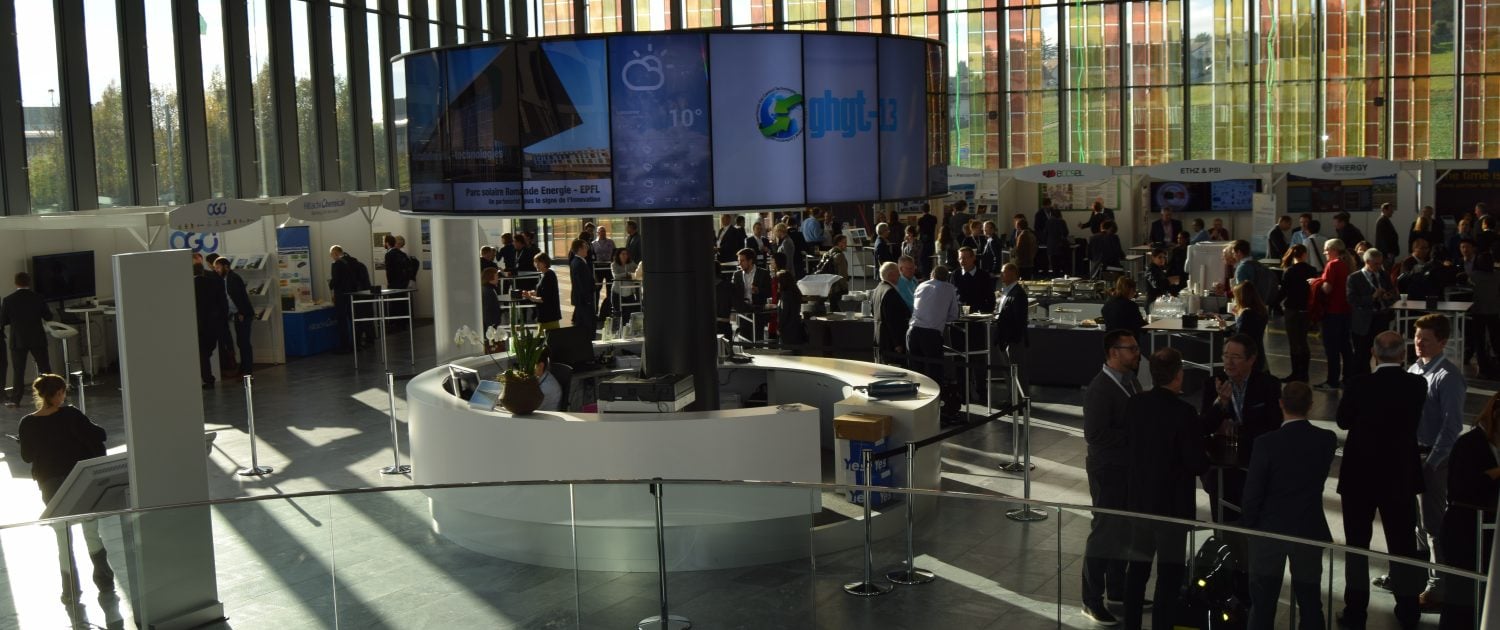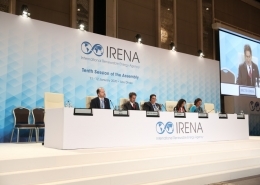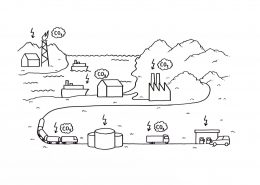That’s the upshot of the world’s premier conference on Carbon Capture and Storage GHGT-13 held at EPFL’s Swiss Tech Convention Center in Lausanne from 14 to 18 Nov 2016. GHGT is the IEA Greenhouse Gas R&D program’s biannual conference on Greenhouse Gas Control Technologies.
Switzerland & CCS?
There is plenty of Swiss technology embedded in technology necessary to capture CO2, compress and store it in the deep underground – the Swiss research community delivers technology and facts around CCS. The PSI says we need to deploy CCS in Switzerland to implement Switzerland’s Energy Strategy 2050 at least-cost investments whilst achieving greenhouse gas targets. Funnily enough, the German-speaking media, has plenty of «umstritten» in its verbiage around CCS. Others quote economists who know precious little about CCS and doubt this powerful and critically urgent climate change mitigation technology.
After COP21, the Paris Agreement and COP22, the world realizes what it means to limit average global warming to 2oC relative to the mid-1850s. The devil is in the detail, but the big picture is clear: keynote speaker Thomas Stocker of the University of Bern broke it down to simple fact-based maths: we’ve got a global budget of give-or-take 790 billion tons of carbon. We’ve spent around 595 billion tons, got another 190 billion to go and spend around 11 billion per year – by 2035 it’s game over for the 2oC-target. Renewables and energy efficiency will greatly help, but won’t be enough by a long shot – we must deploy CCS to clean up fossil fuels, whether you like fossil fuels or not, whether you are a member of Greenpeace or not. We have to deploy CCS in industry like cement, where CO2 emissions is process-inherent.
Thankfully, the CCS world has delivered some major CCS projects (Shell’s Quest project, SaskPower’s Boundary Dam 3 project); Norway’s state enterprise Gassnova is looking at deploying CCS in industry (cement, fertilizer, waste-to-energy); and importantly 1’000 members of the research, innovation and policy making community from 32 countries had gathered at GHGT-13 to talk about the most recent advances in capture technologies, transportation, use of CO2 and storage, and the policy relevance. A heated debate ensued at the conference on the role of CO2-use as a climate mitigation technology. But, without meaningful policy instruments for CCS deployment, CO2-use provides valuable revenues to mature and offset some of the cost related to CCS deployment.
So: CCS is a fact, it works, it’s safe and is moving from the energy sector into other sectors of economic activity. We need it. Sift through the 100s of tweets and official blogs to learn more about what went down at GHGT-13. I have not even begun to ask what a 1.5oC aspiration means. Net negative emission technologies: you seem to have a bright future.
Gunter Siddiqi, energy research specialist, SFOE and vice-chair IEAGHG technology collaboration program

 IRENA#IRENA10A und #WFES – Wissensaustausch in Abu Dhabi
IRENA#IRENA10A und #WFES – Wissensaustausch in Abu Dhabi  Fulminanter Start des neuen IEA Exekutiv-Direktors Fatih Birol
Fulminanter Start des neuen IEA Exekutiv-Direktors Fatih Birol  Weltenergiestatistik 2017 der IEA relativiert enge und vorschnelle Auffassungen
Weltenergiestatistik 2017 der IEA relativiert enge und vorschnelle Auffassungen  Tageslicht statt elektrische Leuchten: Lassen Sie die Sonne rein
Tageslicht statt elektrische Leuchten: Lassen Sie die Sonne rein 


Dein Kommentar
An Diskussion beteiligen?Hinterlassen Sie uns Ihren Kommentar!